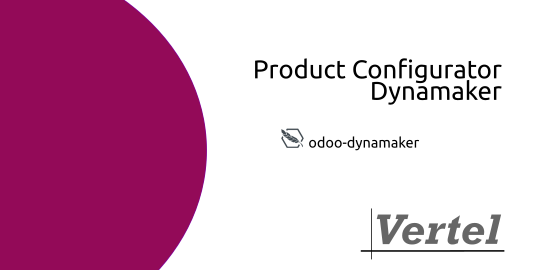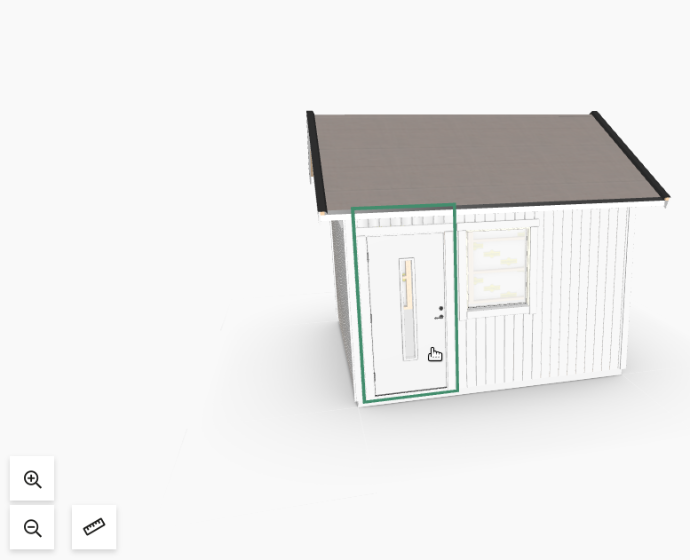
| Category |
Customer Relationship Management
|
| Technical Name |
|
| License |
AGPL-3
|
| Website | https://vertel.se/apps/odoo-dynamaker/product_configurator_dynamaker |

Parametric Product Customization
Build and Publish Your Own Online Visual CAD Configurators that automatically can generate 3D-files, BOM-lists, 2D drawings and manufacturing data for every quotation and order.
Live Modular Design
Clients may "build and order" this little garden house and view the estimated price as they change the design.
Try the look and feel on the link below!
https://www.skanskabyggvaror.se/modulara-byggnader/skapa-din-modulara-byggsats/?configId=002143&configHashKey=I9R10001Q8
Industry 4.0
Industry 4.0 refers to the fourth industrial revolution, characterized by the integration of digital technologies into various aspects of manufacturing and industrial processes. This concept builds upon the previous three industrial revolutions:
First Industrial Revolution: Mechanization of production using water and steam power.
Second Industrial Revolution: Introduction of electricity and assembly line mass production.
Third Industrial Revolution: Adoption of computers and automation in manufacturing.
Industry 4.0 represents a significant shift towards the use of smart technologies and the Internet of Things (IoT) in manufacturing and industrial settings. Several key technologies define Industry 4.0:
Internet of Things (IoT): Devices and machines are equipped with sensors and connected to the internet, enabling them to collect and exchange data in real-time.
Big Data and Analytics: Large amounts of data generated by IoT devices are analyzed to gain insights, optimize processes, and make informed decisions.
Artificial Intelligence (AI) and Machine Learning: These technologies are used to automate processes, improve predictive maintenance, and enhance decision-making capabilities.
Cloud Computing: Storage and processing power are moved to the cloud, providing scalability and accessibility for data and applications.
Additive Manufacturing (3D Printing): The ability to create complex objects layer by layer, allowing for more flexible and customized production.
Cyber-Physical Systems: The integration of physical processes with digital technologies to create interconnected systems that can communicate and make decentralized decisions.
Augmented Reality (AR) and Virtual Reality (VR): Used for training, maintenance, and design processes by providing immersive and interactive experiences.
The goals of Industry 4.0 include increased efficiency, flexibility, and customization in manufacturing processes. It enables the creation of "smart factories" where machines, products, and systems communicate with each other to make decentralized decisions, leading to more adaptive and responsive production systems.
The concept of Industry 4.0 is not limited to manufacturing but extends to various industries such as healthcare, logistics, and energy, where the integration of digital technologies can revolutionize traditional processes. Overall, Industry 4.0 represents a transformative approach to industrial production, leveraging the power of digital technologies to drive innovation and competitiveness.
